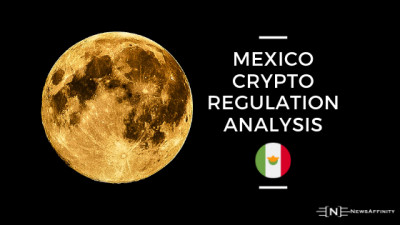Even though the NSE’s Currency Derivatives division has been open for trading, There has been a lot of confusion for more than a handful of years. About the legality of Forex trading in India. The RBI has imposed forex trading restrictions other than INR paired currencies under the Foreign Exchange Management Act of 1999 (FEMA). As a result, even common pairs like EURUSD, GBPUSD, and AUDUSD are illegal to trade. This regulation was implemented whenever the country’s foreign reserves were down, and Forex’s pressure was intense.
People used to finance the margin through Indian banks because Forex trading is a margin-based industry, placing a significant strain on the Indian forex reserves. The Reserve Bank of India has prohibited people from dealing on margin outside of India. Though there are many ways to legalize, we are not coping with these approaches at this time. In terms of Indian trade, we’re more concerned about what’s legitimate and what’s not. Foreigners other than Institutions are also barred from trading in Indian markets, according to SEBI. Foreigners may trade through private equity investors, banks, or other brokers authorized by the SEBI and RBI.
Well, what exactly is legal?
In conversation with SEBI and CCIL, the RBI has limited trading in INR paired currencies to the NSE, BSE, MCX-SX, and now the Fxretail website. You may trade through registered brokers licensed by the NSE, BSE, MCX-SX, and SEBI. Almost all brokers are provided with this service are part of the NSE, BSE, and MCX-SX(MSEI). You will deal directly on the CCIL’s Fxretail site.
In 2018, the RBI and SEBI authorized the launch of three cross currency pairs for all three exchanges (EURUSD, GBPUSD, and USDJPY).
In India, trading in seven pairs is legal, and they are:
1.EURINR
2.JPYINR
3.EURUSD
4.GBPUSD
5.USDJPY
6.USDINR
7.GBPINR
Trading in pairs mentioned above is entirely legitimate, but only through NSE, BSE, MSEI, and SEBI-approved brokers. As a result, forex trade is legal in India, but with a restriction.
Before you set up an account with a forex trader, there are a few things you should know.
Always look for a license from the RBI. Any financial instrument-based organization, business, or individual operating in India must have a valid RBI license. This extends to banks, NBFCs, forex brokers, and other financial institutions. If in question, check with the RBI to see if the broker or company is registered. You will do this by going to the RBI website and submitting a questionnaire to the RBI.
Check for SEBI registration and license, as well as NSE, BSE, and MCX-SX membership credentials. Brokers and financial firms are required to have any of this information on their websites.
The Rule is Simple
Do not finance foreign forex brokers with Indian banks. If you are serious about trading with these brokers, you can first open an account with a foreign bank and then open an account with these brokers. Transferring money from an Indian bank account to a foreign account can be avoided. To finance the bank account, use the earnings from your Abroad jobs or service.
Remember that while the FEMA Act bans trade in margin goods by international brokers using an Indian bank, it does not apply to NRIs and other persons whose primary source of income is from overseas operations. Revenue is used to finance the foreign bank and hence the overseas brokers. Never conduct such transactions through Indian banks.

















Comments